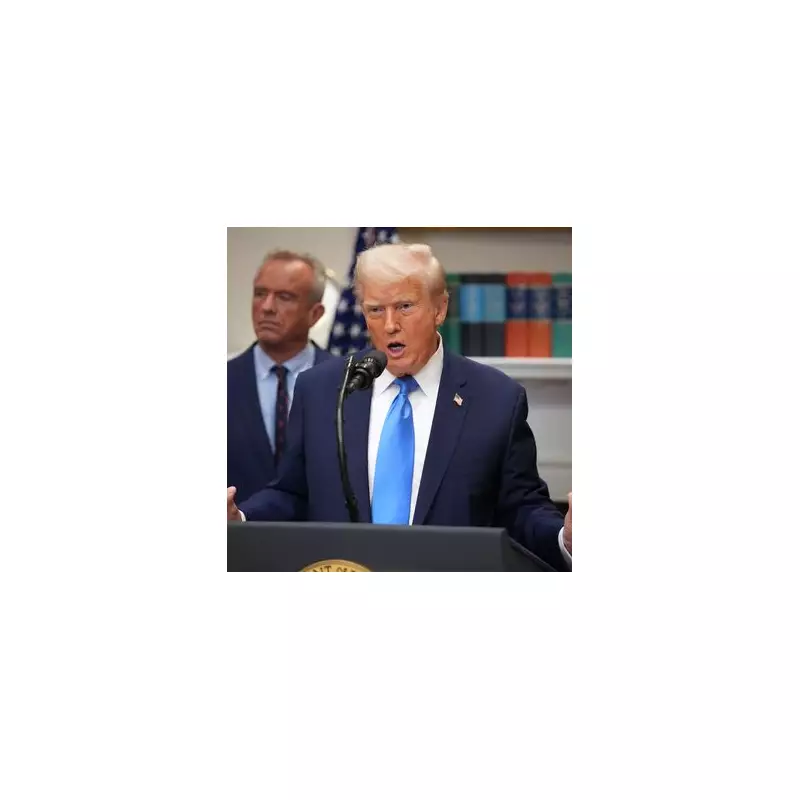
Medical professionals and public health bodies across the UK have united in condemnation of former US President Donald Trump's recent promotion of the long-debunked theory that childhood vaccines cause autism. The controversial comments, made during a political rally, have been labelled as 'dangerous' and 'irresponsible' by experts who fear they could undermine vital immunisation programmes.
The Debunked Theory Resurfaces
During a recent public appearance, Mr. Trump reiterated a claim he has made numerous times over the years, suggesting a direct correlation between vaccination schedules and a rise in autism diagnoses. This theory was first popularised by a since-retracted and discredited 1998 study by Andrew Wakefield, which has been thoroughly disproven by decades of subsequent, large-scale scientific research.
Dr. David Robert Grimes, a physicist and cancer researcher, was among the first to publicly challenge Trump's statement, calling it "demonstrably false" and highlighting the overwhelming scientific consensus on vaccine safety.
Why Experts Are Sounding the Alarm
Health officials are particularly concerned because such claims from high-profile figures can have real-world consequences. When vaccination rates fall, communities lose their 'herd immunity', leading to the resurgence of preventable diseases like measles, mumps, and rubella.
The NHS and Public Health England have consistently affirmed the safety and critical importance of vaccines. They point to extensive data involving millions of children worldwide which shows no credible link between the Measles, Mumps, and Rubella (MMR) vaccine and autism spectrum disorders.
A History of Misinformation
This is not the first time Donald Trump has promoted anti-vaccine sentiments. During his 2016 presidential campaign and his presidency, he repeatedly met with prominent anti-vaccine activists and voiced scepticism about vaccine schedules, despite the clear evidence from his own government's health agencies, such as the Centers for Disease Control and Prevention (CDC).
Medical historians note that the persistence of this myth, despite being debunked, is a case study in how misinformation can spread and endure, often fueled by celebrity endorsement and amplified through social media channels.
The Bottom Line for Parents
For parents in the UK and around the world, the message from the medical community is clear and unanimous: Vaccines are safe, effective, and essential for protecting children from serious diseases. The decision not to vaccinate, often influenced by unfounded fears, poses a far greater risk to a child's health than the vaccines themselves.
Experts urge the public to seek information from reputable scientific and medical sources, such as the NHS website or their local GP, rather than from unsubstantiated political rhetoric.





